Sustainable Food Production
Improving sustainability of global food systems by making them more resilient to climate change through a quantum optimisation solution to produce more nutritious food locally in less land.
Owner
Status
Quantum Approach
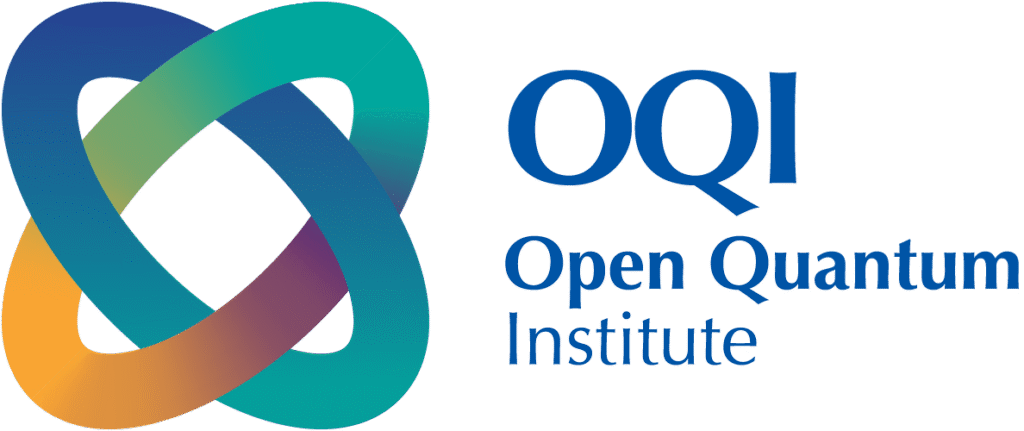
Phase 3 – Simulation
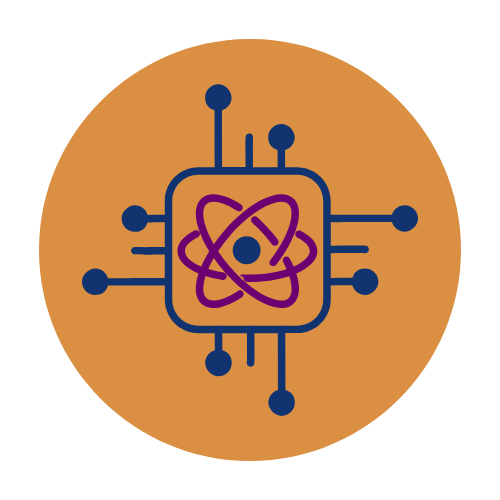
Optimisation
SDGs
Contributors
Origins of Contributors
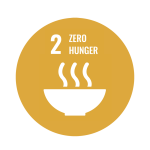

École Polytechnique Fédérale de Lausanne (EPFL)
Global Alliance for Improved Nutrition (GAIN)
National Institute for Theoretical and Computational Sciences (NITheCS)
Quantum Basel

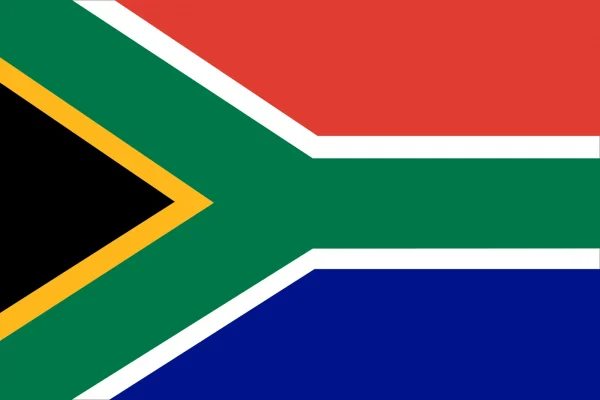
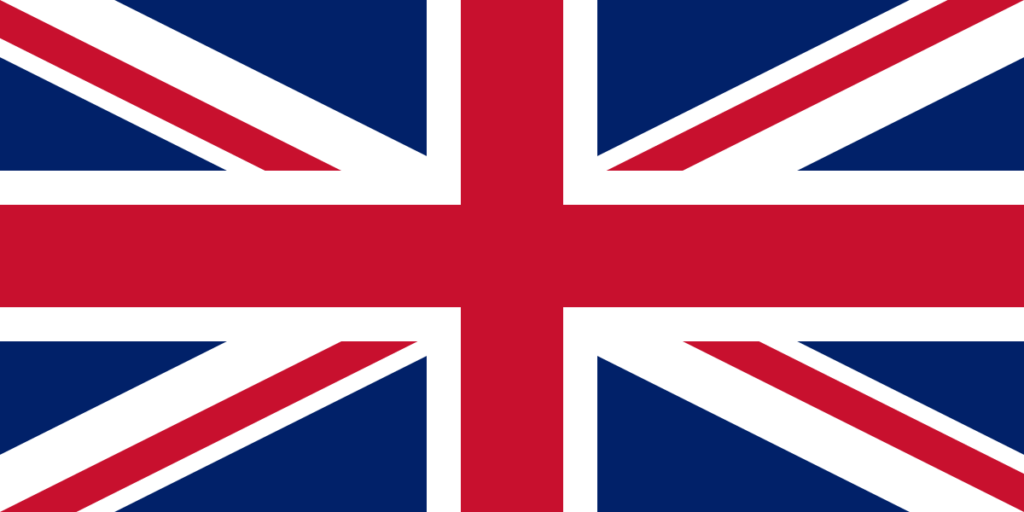
Impact/context
Conflict and insecurity, economic shocks, and extreme weather events are the main drivers of acute food insecurity. To achieve Sustainable Development Goal (SDG) 2, the Food and Agriculture Organization affirms that a better understanding of food systems requires a local-to-global perspective.
Current projections indicate a necessary increase of food production per hectare by almost 60 percent by 2050 to meet the needs of the projected global population of 10 billion – assuming a static agricultural land. In this context, increasing productivity of agricultural land is not sufficient to address the core human need for food. Even now, countries with low and middle incomes, diets are known to be lacking in micro-nutrients including iron, zinc, folate, vitamin A, Calcium, and vitamin B12. As populations continue to grow, innovative solutions are much needed to devise sustainable agricultural practice that provide for more nutritious diets, while respecting planetary boundaries.
How quantum could help
GAIN has launched multiple initiatives to strengthen and support the implementation of country food system pathways that can accelerate improvements in the consumption of safe and nutritious food for all, especially the most vulnerable, produced in a sustainable way. A nutritional value score considers nutrient density, as well as dietary factors related to non-communicable diseases. Ultimately, the global food system needs to be mapped with additional factors, such as societal, environmental, and economic factors.
This class of optimisation problems is known as mixed-integer linear programming. Classical algorithms to find approximate solutions (heuristics) to this class of problems exist. However, this class of problems is in general computationally hard, making large-scale optimization (e.g., many crops, many farmers, many processing options, many consumer segments, many objectives, etc.) challenging with classical computers and algorithms, as they would require exceedingly long computational time to reach a good approximate solution. Quantum algorithms hold promise to significantly enhance the quality of the solution to these optimization problems and represent therefore an ideal use case.
